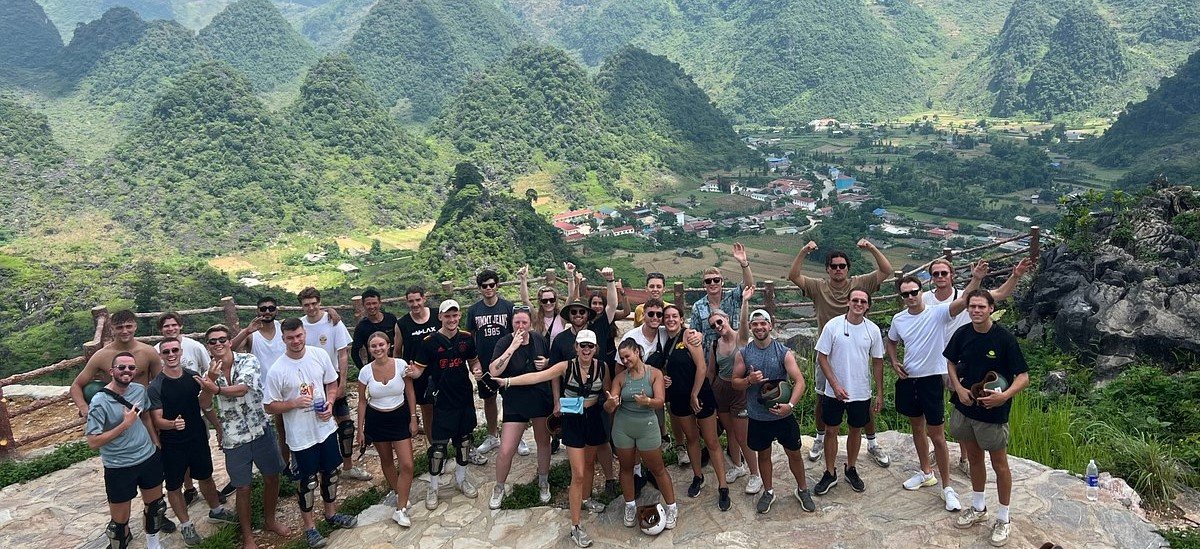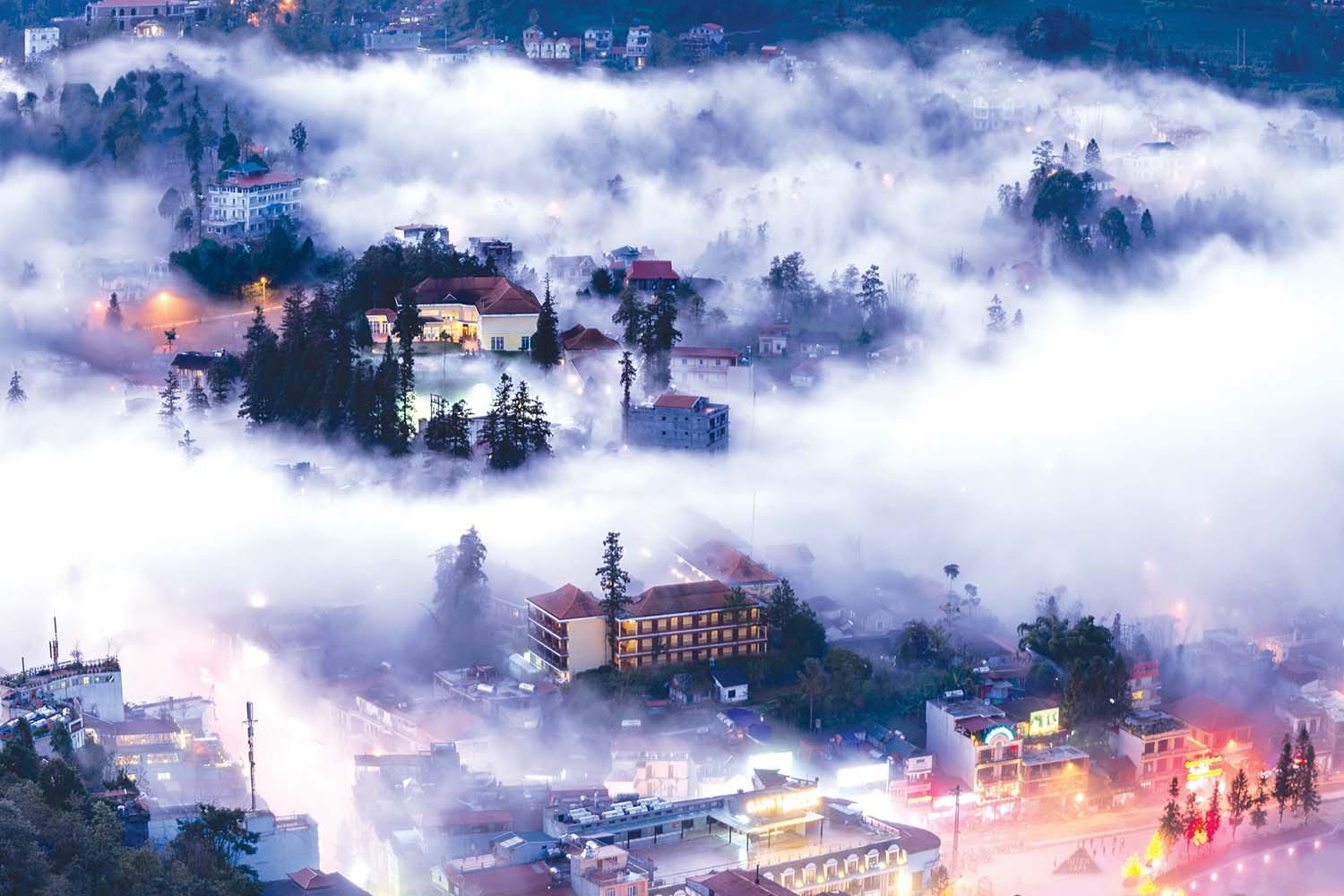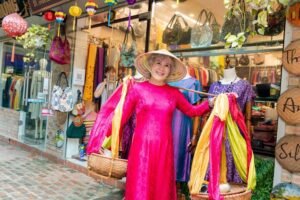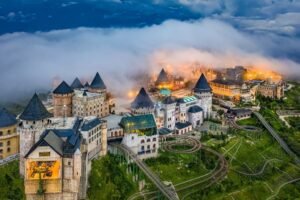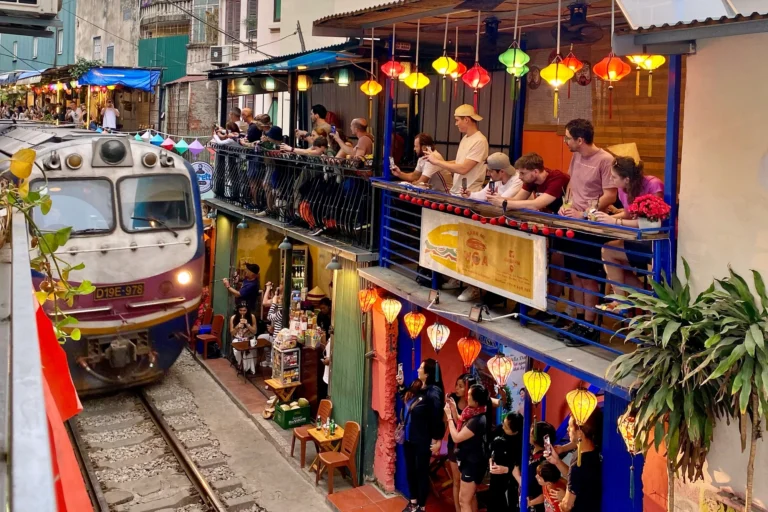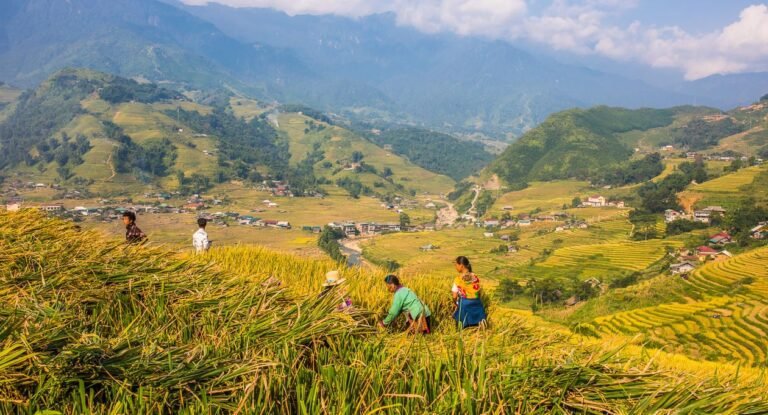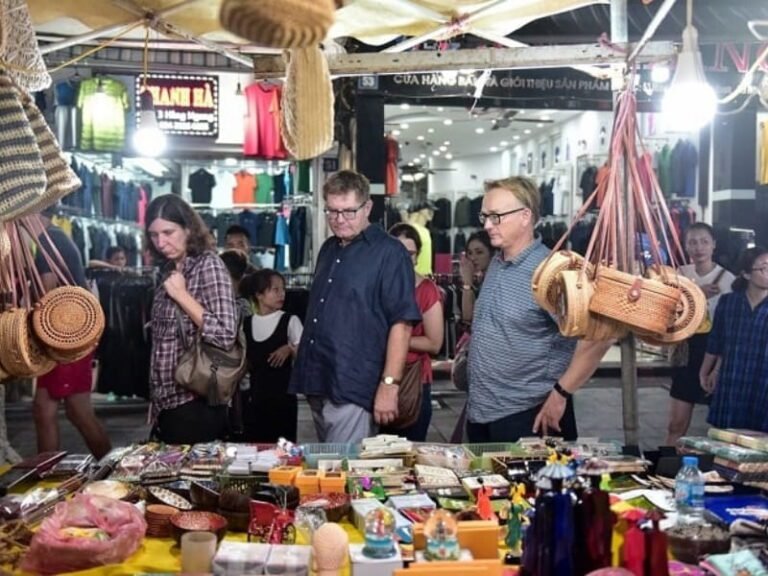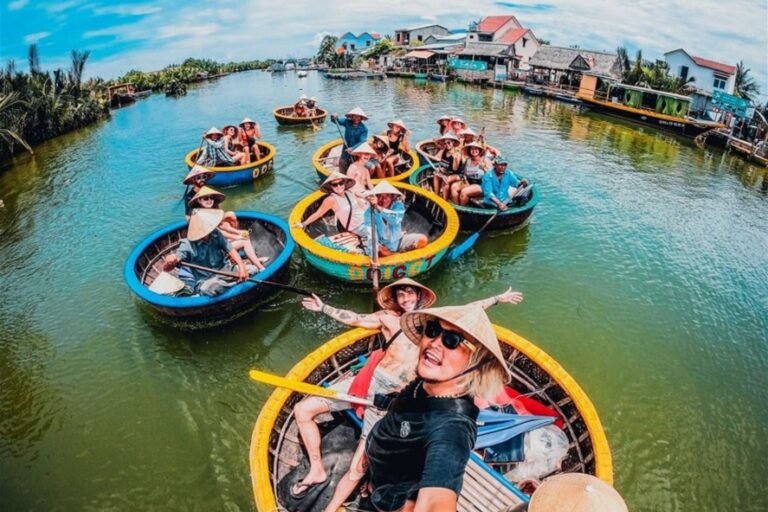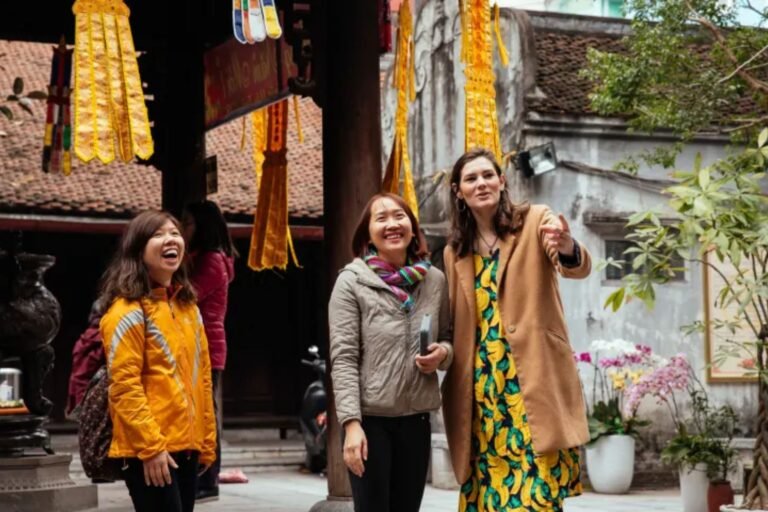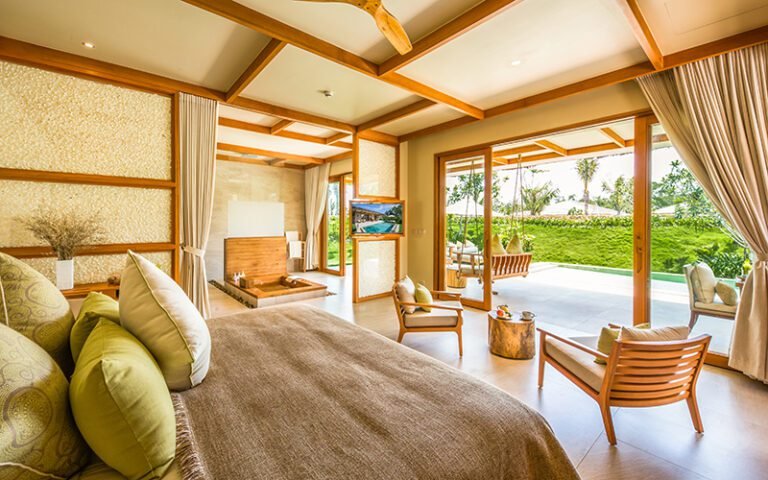Your Ultimate Guide to Northern Vietnam Trekking 2025
Northern Vietnam offers some of the most breathtaking trekking experiences in Southeast Asia. From the towering limestone mountains to lush rice terraces and remote ethnic villages, trekking in this region is a dream for adventurers. Whether you’re an experienced hiker or a beginner looking for scenic trails, North Vietnam hiking has something for everyone. This guide will help you navigate the best treks, essential tips, and everything you need to know for an unforgettable journey in 2025.
1. Why Choose Northern Vietnam for Trekking?
Northern Vietnam is known for its stunning landscapes, rich culture, and diverse trekking routes. Unlike other parts of Vietnam, the northern region boasts dramatic mountain ranges, misty valleys, and an abundance of ethnic minority communities that offer a deep cultural experience. Whether you’re hiking through the famous terraced fields of Sapa or exploring the untouched trails of Ha Giang, the adventure is unparalleled.
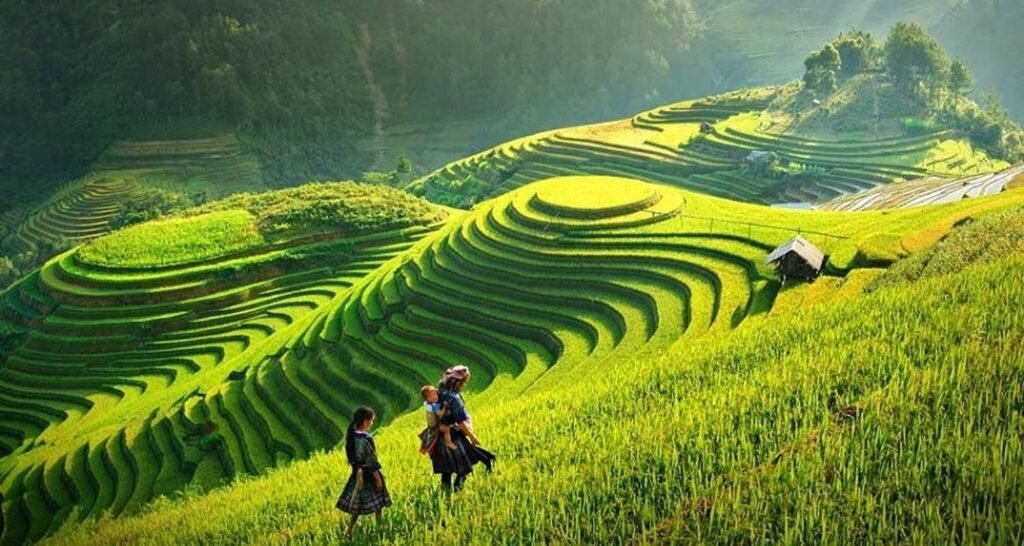
2. Planning Your Trek
Best Time to Trek in Northern Vietnam
The best time for Northern Vietnam trekking is from September to November and March to May. During these months, the weather is mild, with clear skies and comfortable temperatures, making the trails safer and more enjoyable. Winter (December to February) can be quite cold in high-altitude areas, while summer (June to August) brings heavy rains that can make trails slippery.
Essential Trekking Tips for Northern Vietnam
Trekking in Northern Vietnam requires some preparation to ensure a safe and enjoyable experience. Firstly, it’s crucial to wear appropriate trekking gear, including sturdy hiking boots, moisture-wicking clothing, and a waterproof jacket. The terrain can be unpredictable, so packing a basic first aid kit, a headlamp, and extra layers is advisable.

Acclimatization is important if you’re trekking in high-altitude areas like Fansipan. Taking time to adjust to the altitude before starting your hike can prevent altitude sickness. It’s also recommended to hire a local guide, especially for remote trails in Ha Giang and Cao Bang, as they provide valuable insights and enhance safety.
🏔️ Embrace the Beauty: 6 Reasons to Explore Sapa, Vietnam
3. Top Trekking Destinations in Northern Vietnam
Sapa – The Iconic Trekking Paradise
Sapa is undoubtedly the most popular trekking destination in Northern Vietnam. Located in the Hoàng Liên Son mountain range, it offers breathtaking views of rice terraces, mist-covered peaks, and ethnic minority villages. The best North Vietnam hiking often includes routes through Lao Chai, Ta Van, and Cat Cat villages, where travelers can experience the daily lives of the H’mong and Dao people. The challenging climb to Fansipan, the highest peak in Indochina, is a must for experienced hikers.
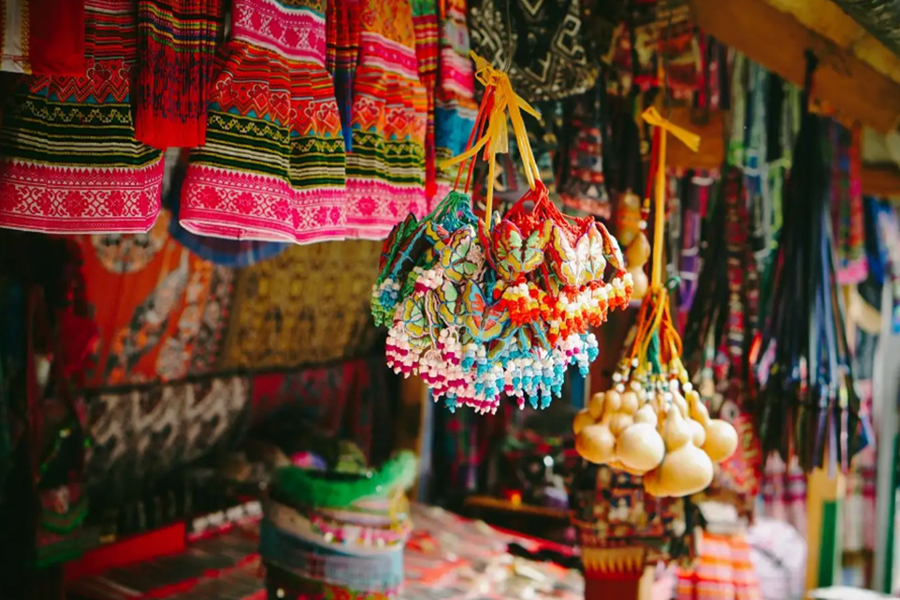
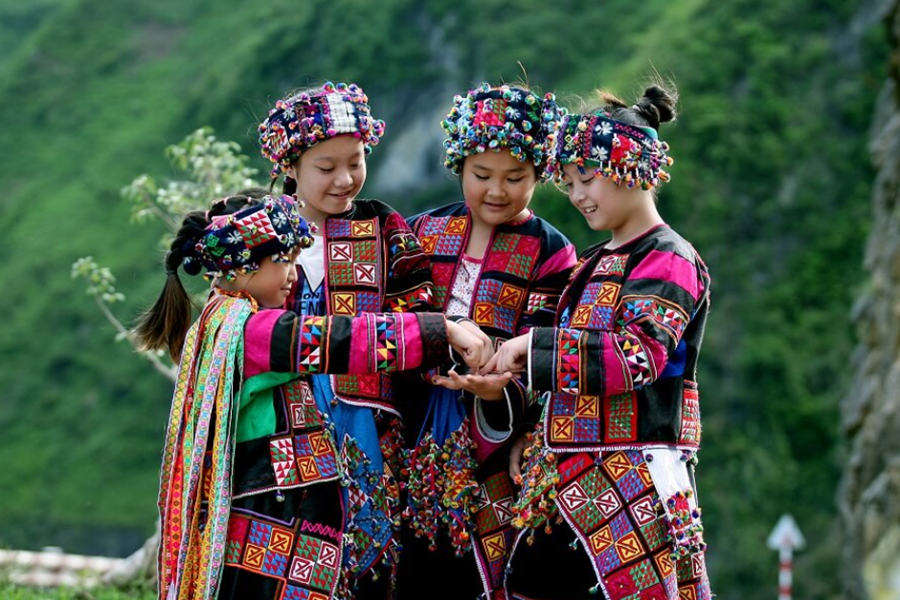
Ha Giang – The Hidden Gem for Adventure Seekers
Ha Giang offers some of the most untouched and rugged trekking experiences in Vietnam. Unlike Sapa, Ha Giang remains less touristy, making it ideal for those who seek solitude and authenticity. The trekking routes here take you through Dong Van Karst Plateau, Meo Vac Valley, and the legendary Ma Pi Leng Pass, known for its jaw-dropping canyon views. The region is home to diverse ethnic minorities, each with its own traditions and customs, adding cultural depth to your trek.
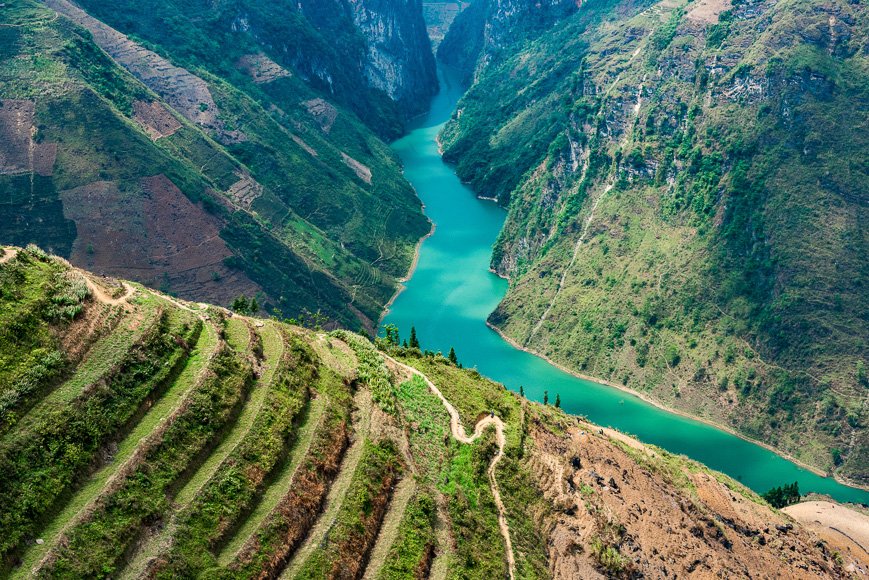
🏔️ Read more: Hanoi Weekend Guided: what to do and where to go? and Ha Giang Loop budget.
Cao Bang – Ban Gioc Waterfall and Remote Trails
Cao Bang is famous for the spectacular Ban Gioc Waterfall, the largest in Vietnam. Trekking in this region means exploring limestone mountains, pristine lakes, and mysterious caves like Nguom Ngao Cave. The trails here are relatively moderate, making them suitable for both beginners and seasoned trekkers.

Pu Luong Nature Reserve – Off-the-Beaten-Path Adventure
For those looking for a quieter and more eco-friendly trek, Pu Luong Nature Reserve is a fantastic choice. Nestled between Thanh Hoa and Hoa Binh provinces, Pu Luong offers stunning landscapes of terraced fields, dense forests, and small traditional villages. The trekking routes are less crowded, providing an immersive nature experience.
Ba Be National Park – Jungle Trekking and Boat Trips
Ba Be National Park is a haven for nature lovers, with lush jungles, waterfalls, and the famous Ba Be Lake. Trekking here involves exploring dense forests, crossing hanging bridges, and encountering diverse wildlife. The combination of hiking and boat trips makes Ba Be a unique destination for adventurous travelers.
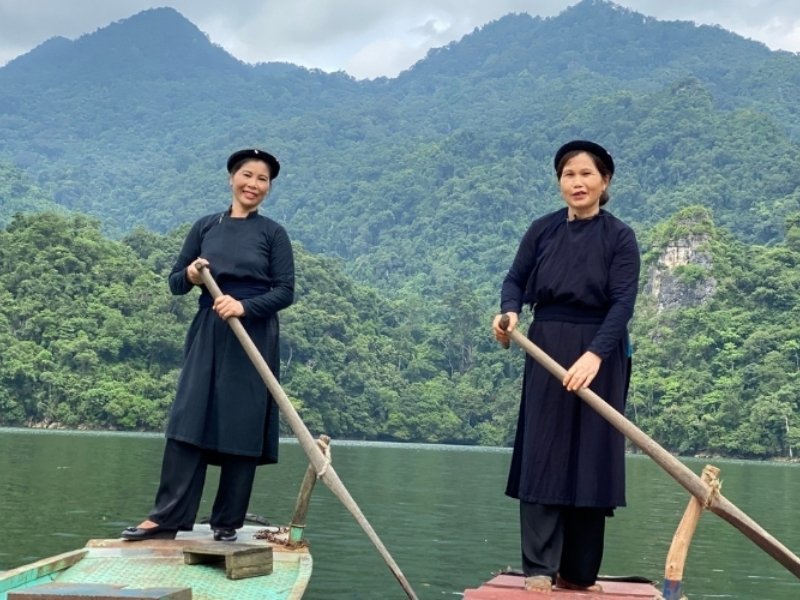
🏔️ If you need or want to explore some tours to Vietnam, you can explore some Vietnam tours below or contact us via WhatsApp or visit the Sun Getaways Travel Fanpage | TikTok.
4. Top 5 Things You Need to Know
Cultural Etiquette When Trekking in North Vietnam
Many trekking routes pass through ethnic minority villages, so it’s essential to be respectful of local customs. Always ask for permission before taking photos of people, dress modestly, and be mindful of traditional practices. Learning a few basic Vietnamese phrases or greetings in ethnic languages can also enhance your experience and build connections with locals.
Accommodation Options for Trekking Trips
Accommodation during a North Vietnam hiking trip varies from homestays and eco-lodges to basic guesthouses. Homestays are highly recommended as they offer an authentic experience, allowing trekkers to stay with local families, enjoy traditional meals, and learn about daily life in the mountains. Many homestays in Sapa, Ha Giang, and Pu Luong provide comfortable beds, hot showers, and home-cooked meals, making them a great choice for weary hikers.
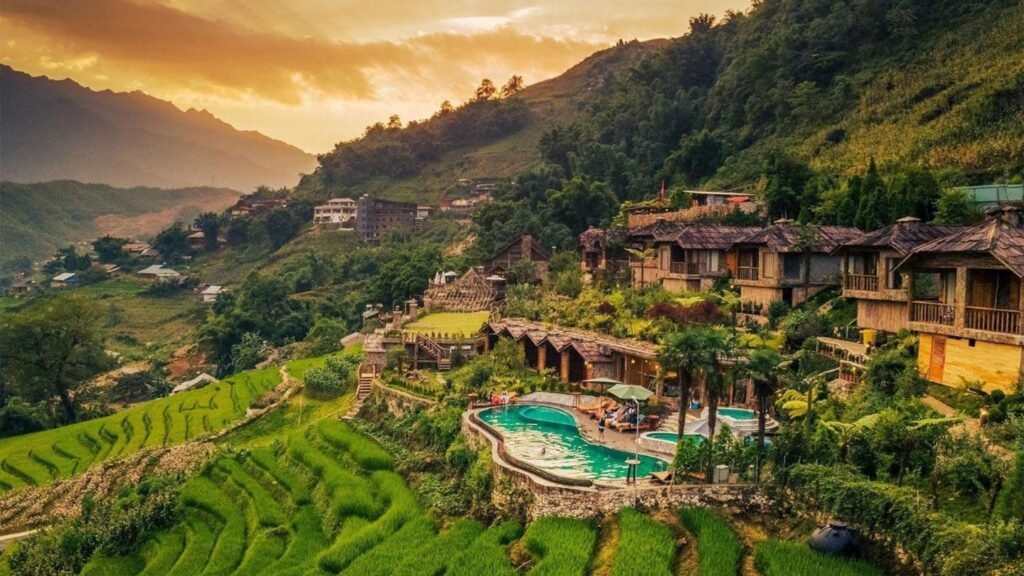
🏔️ Ultimate Travel Guide: Sapa Homestay Trekking for the Adventurous Traveler
Food and Cuisine to Try While Trekking
Northern Vietnam is famous for its delicious and hearty cuisine, which is perfect for replenishing energy during a trek. Some must-try Vietnamese street foods include Thang Co (horse meat stew), Xoi Ngu Sac (five-colored sticky rice), and grilled meats with rice wine. In homestays, guests are often treated to freshly prepared meals featuring local ingredients such as wild herbs, mountain vegetables, and free-range poultry.
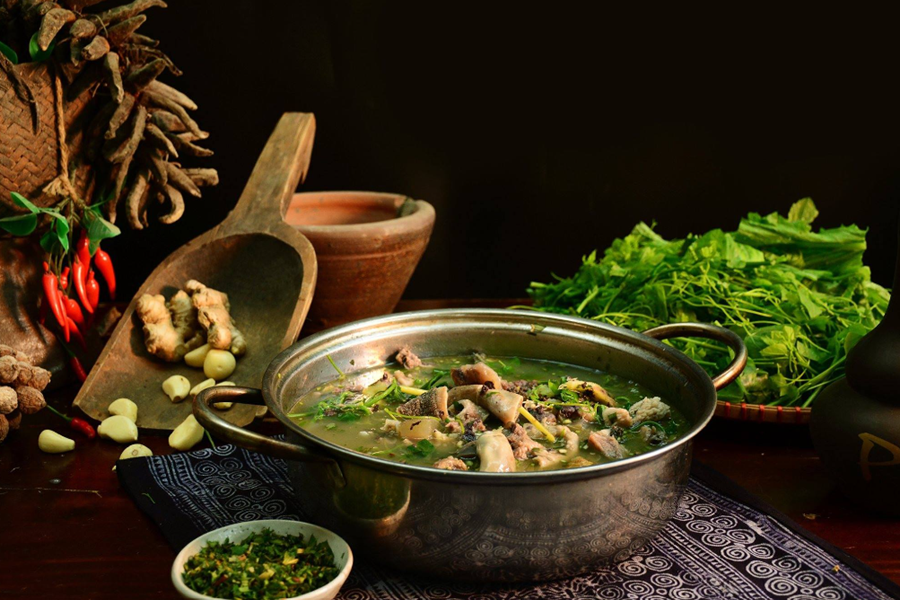
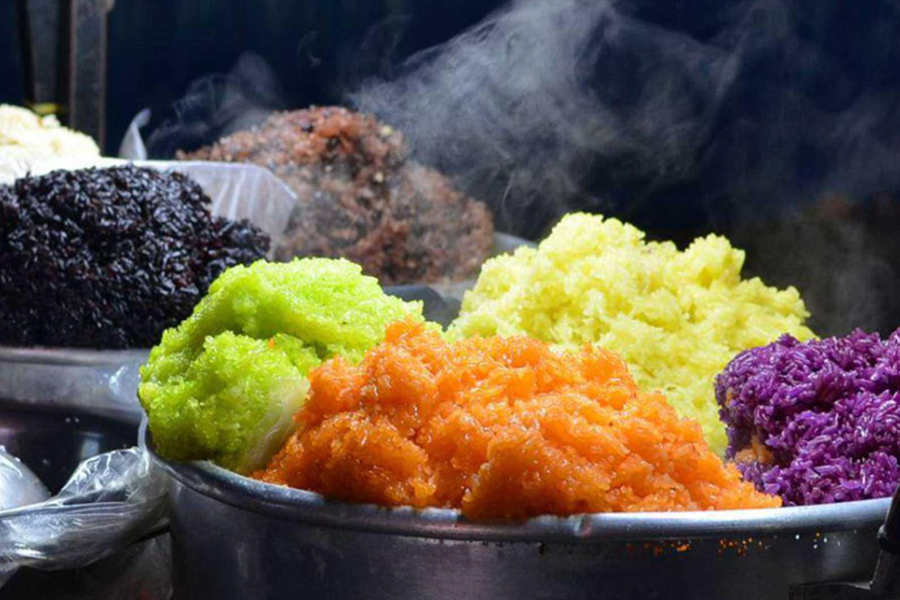
Estimated Budget for a Northern Vietnam Trekking Trip
The cost of a trekking trip depends on the duration, accommodation type, and whether you hire a guide. On average, a budget trek can cost around $25-40 per day, covering accommodation, meals, and a guide. More luxurious trekking tours with private guides and better lodging can cost between $50-100 per day. Renting trekking gear, such as walking sticks or waterproof jackets, may add extra expenses.
Safety Considerations for Northern Vietnam Treks
Trekking in remote areas comes with potential risks, so it’s crucial to prioritize safety. Always inform someone about your trekking route and expected return time. Be prepared for sudden weather changes, especially in mountainous regions, where fog and rain can affect visibility. If trekking solo, carrying a GPS device or offline map can be extremely helpful. In case of emergencies, knowing the location of the nearest town or medical facility is vital.
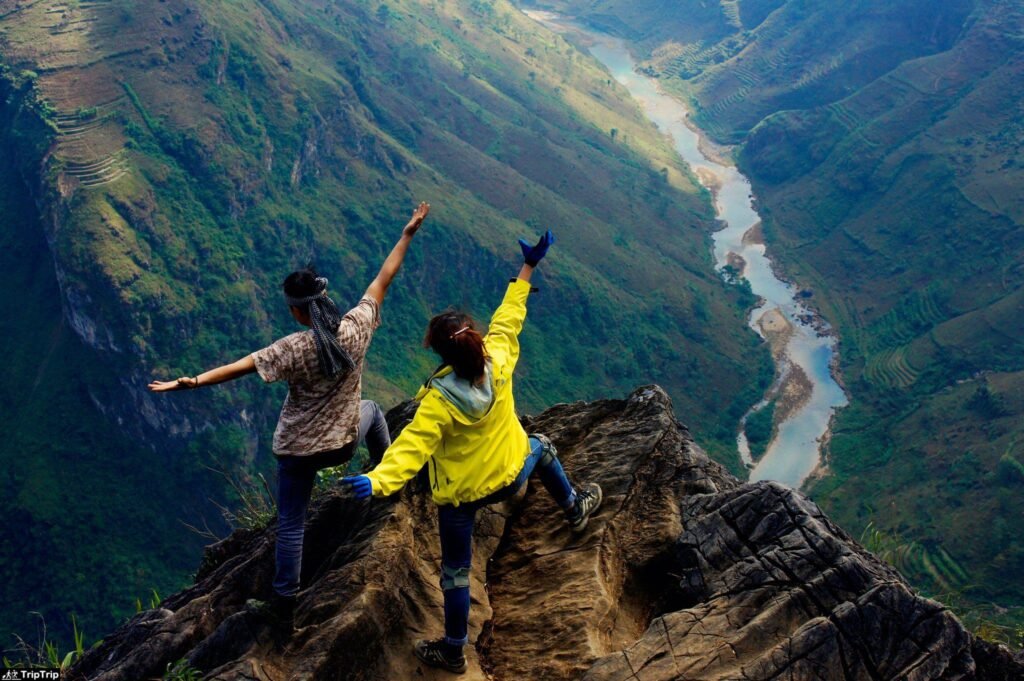
🏔️ Explore: ATMs in Vietnam: Finding Cash & Avoiding Fees
5. FAQs
1. Do I need a guide for trekking in Northern Vietnam?
While some trails in Sapa are well-marked, hiring a guide is recommended for remote areas like Ha Giang and Cao Bang.
2. What level of fitness is required for North Vietnam hiking?
Most treks require moderate fitness, but tougher routes like Fansipan demand good endurance and trekking experience.
3. Is it safe to trek alone in Northern Vietnam?
Solo trekking is possible but not recommended for remote areas. It’s safer to go with a group or a local guide.
4. What should I pack for a trekking trip?
Essentials include sturdy hiking boots, weather-appropriate clothing, a first aid kit, and sufficient water.
5. Can I combine trekking with other activities?
Yes! Many treks include cultural experiences, homestays, and additional activities like boat trips and cave explorations.
6. Final Thoughts on Northern Vietnam Trekking
Embarking on a Northern Vietnam trekking adventure in 2025 promises an unforgettable experience filled with natural beauty, cultural encounters, and thrilling trails. Whether you choose to hike through the famous rice terraces of Sapa, explore the remote landscapes of Ha Giang, or immerse yourself in the tranquility of Ba Be National Park, North Vietnam hiking offers something for every trekker. With proper planning, the right gear, and a spirit of adventure, you’re sure to have a trekking journey like no other.
Experience Vietnam like never before with Sun Getaways Travel. Our all-inclusive trips cover every detail, from accommodations and transportation to unforgettable experiences, depending on your interests (Our Customized Private Tour for each customer to Vietnam 🇻🇳). Ready to embark on your next adventure?
Ask a question
Leave a Comment (0)
No questions yet. Be the first to ask a question!


